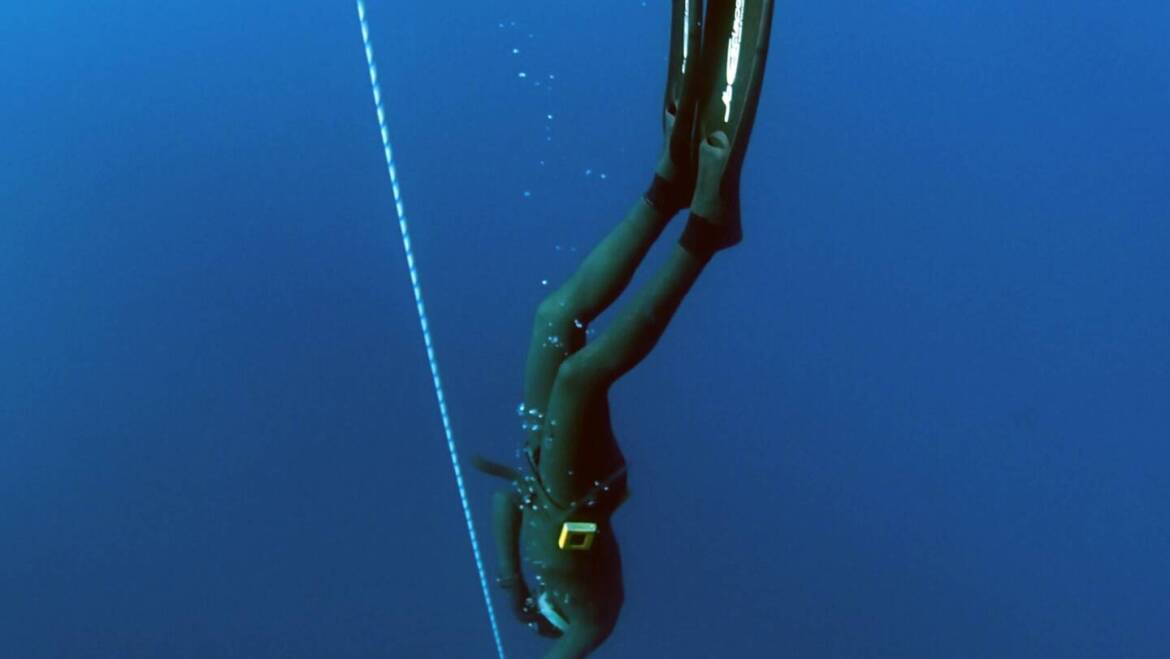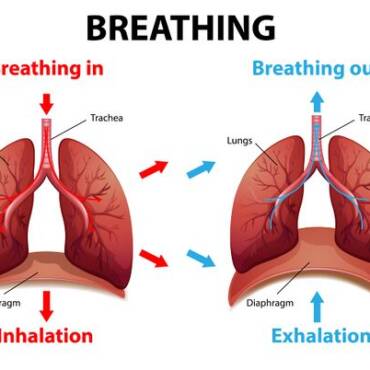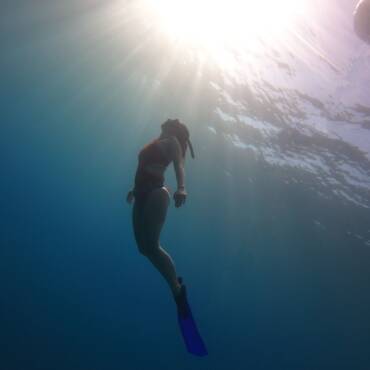Freediving, snorkeling, and skin diving are all popular water activities, but they have different objectives and techniques.
They are also different in terms of how long divers spend underwater.
Freediving: is a form of diving in which the diver holds their breath and uses no breathing apparatus. It requires more discipline than skin diving or snorkeling as divers attempt to remain underwater for as long as possible.
Freedivers descend vertically to achieve maximum depth or distance. They try to spend as much time as possible on one breath, to achieve maximum distance and use minimal oxygen while underwater.
Freedivers often use fins to propel themselves underwater and can reach depths of over 100 meters. Freediving is typically done for leisure, but it can also be done competitively.
They use smaller masks than scuba divers and snorkelers and their fins are much longer than the normal diving fins. Some divers even use monofins, with both feet in the same fin.
Snorkeling: is a more casual activity and the least daunting of the three. The person uses a snorkel, a tube that allows them to breathe while their face is submerged in the water.
Snorkelers typically stay near the surface. It’s a great activity for people who are not comfortable diving or who are not certified divers.
Skin diving: is similar to snorkeling, except that the diver goes deeper and stays longer underwater than a snorkeler.
Skin divers use diving equipment like snorkels at the surface and fins and masks.They also use fins to propel themselves underwater, and they can observe marine life up close.
In summary, freediving is a more advanced and challenging activity that requires the diver to hold their breath, while snorkeling and skin diving are more casual activities that allow the participant to breathe through a snorkel or diving gear.
You could also say that snorkelers spend time at the surface, freedivers aim to spend maximum time underwater, while skin divers spend time both at the surface and also below water (though not as much as freedivers do).





Add Comment